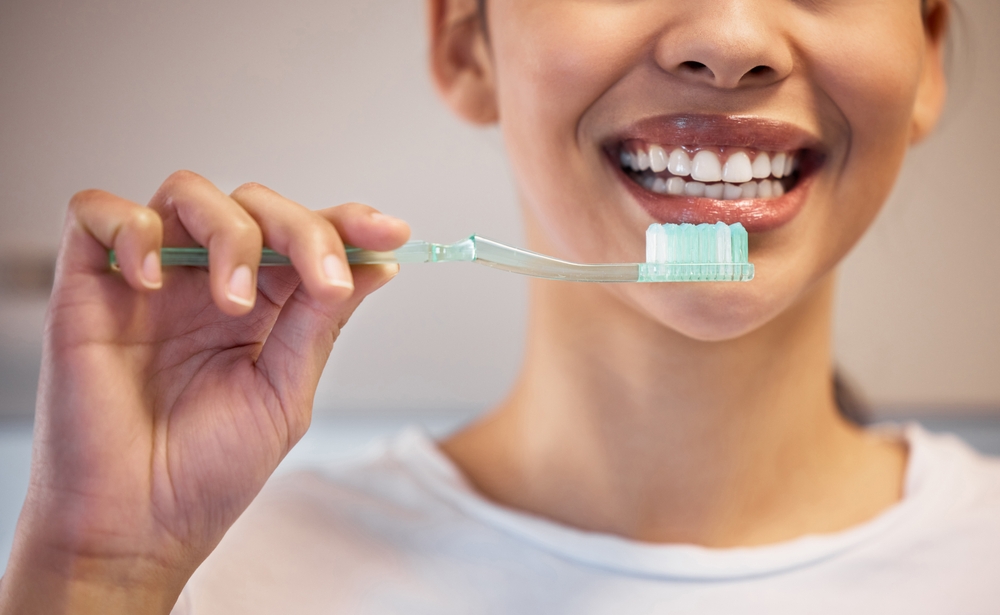
Brushing your teeth is a simple daily habit, but many people unknowingly make mistakes that can compromise their oral health. While brushing helps prevent cavities, gum disease, and bad breath, improper technique can do more harm than good. Here are some of the most common mistakes people make when brushing their teeth and how to correct them.
Brushing Too Hard
Many people think that scrubbing their teeth with force will make them cleaner. However, brushing too hard can wear down enamel, irritate the gums, and cause sensitivity over time. Instead, use gentle, circular motions with a soft-bristled toothbrush to effectively remove plaque without damaging your teeth and gums.
Using the Wrong Toothbrush
Not all toothbrushes are created equal. A toothbrush with hard bristles may seem like a good option for deep cleaning, but it can be too abrasive for your enamel and gums. A soft-bristled toothbrush is the best choice, as it effectively cleans while being gentle on your mouth. Additionally, the size of the toothbrush should fit comfortably in your mouth so you can reach all areas with ease.
Brushing for Too Little Time
The American Dental Association recommends brushing for at least two minutes, but many people fall short. Rushing through brushing means you're likely missing plaque and bacteria, increasing your risk of cavities and gum disease. Set a timer or use an electric toothbrush with a built-in timer to ensure you’re brushing long enough.
Not Replacing Your Toothbrush Often Enough
A toothbrush should be replaced every three to four months or sooner if the bristles become frayed. Worn-out bristles lose their effectiveness and can harbor bacteria, which can negatively impact your oral health.
Brushing Immediately After Eating
Brushing your teeth right after a meal, especially if you've consumed acidic foods or drinks, can actually harm your enamel. Acidic substances weaken enamel temporarily, and brushing too soon can wear it away. Instead, wait at least 30 minutes before brushing to allow your enamel to re-harden.
Ignoring Your Gums and Tongue
Brushing isn’t just about your teeth—your gums and tongue also need attention. Neglecting your gums can lead to gum disease, while a dirty tongue can contribute to bad breath. Be sure to brush along the gum line and gently brush your tongue or use a tongue scraper for fresher breath.
Rinsing Immediately After Brushing
Many people rinse their mouth with water right after brushing, but doing so washes away the fluoride from your toothpaste, reducing its protective benefits. Instead, spit out the excess toothpaste and avoid rinsing immediately to allow the fluoride to continue protecting your teeth.
Using the Wrong Brushing Technique
Brushing in a back-and-forth scrubbing motion may seem effective, but it can be damaging. Instead, hold your toothbrush at a 45-degree angle and use small, circular motions. This technique is more effective at removing plaque and preventing gum recession.
Schedule Your Next Dental Checkup at Glacier Dental
Brushing your teeth is a fundamental part of maintaining good oral health, but small mistakes can lead to bigger problems over time. By using the right technique, choosing the correct toothbrush, and being mindful of your brushing habits, you can improve your oral hygiene and keep your smile healthy.
Brushing properly is just one part of maintaining optimal oral health. Schedule your dental checkup with Glacier Dental to ensure your smile stays healthy and bright. Contact our office in Tudor or Bragaw, located in Anchorage, Alaska, by calling (907) 222-6000 to book an appointment today.








